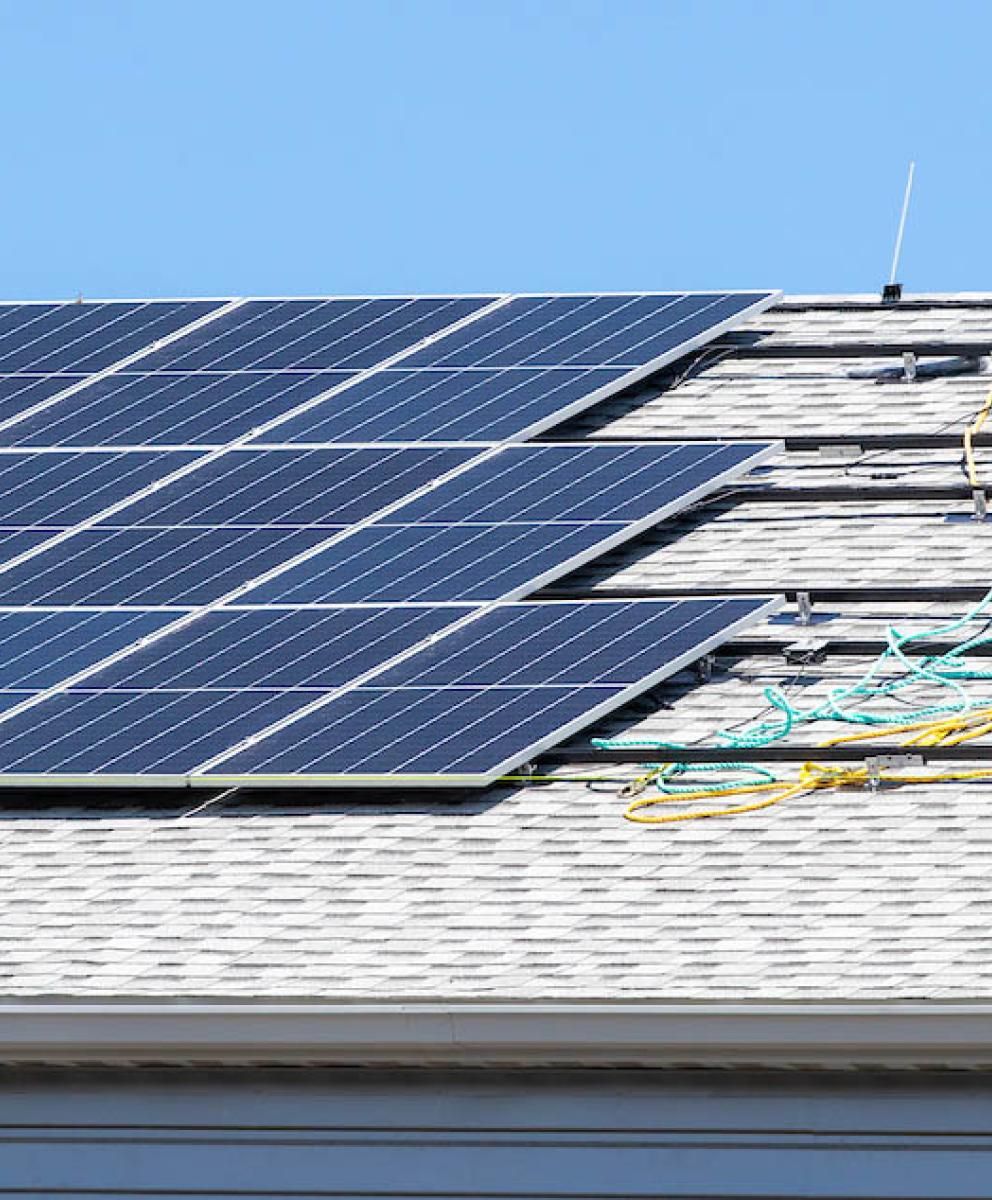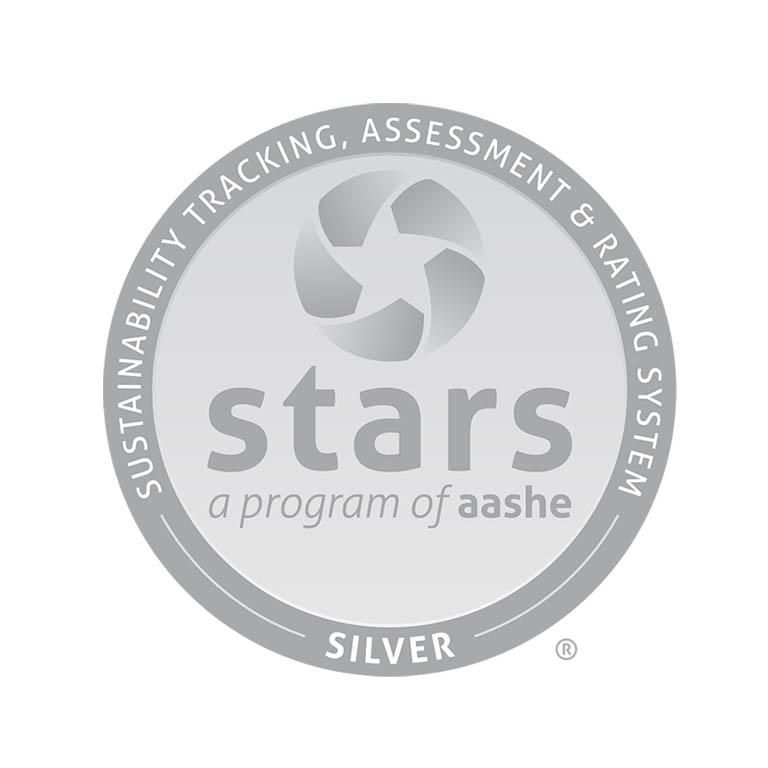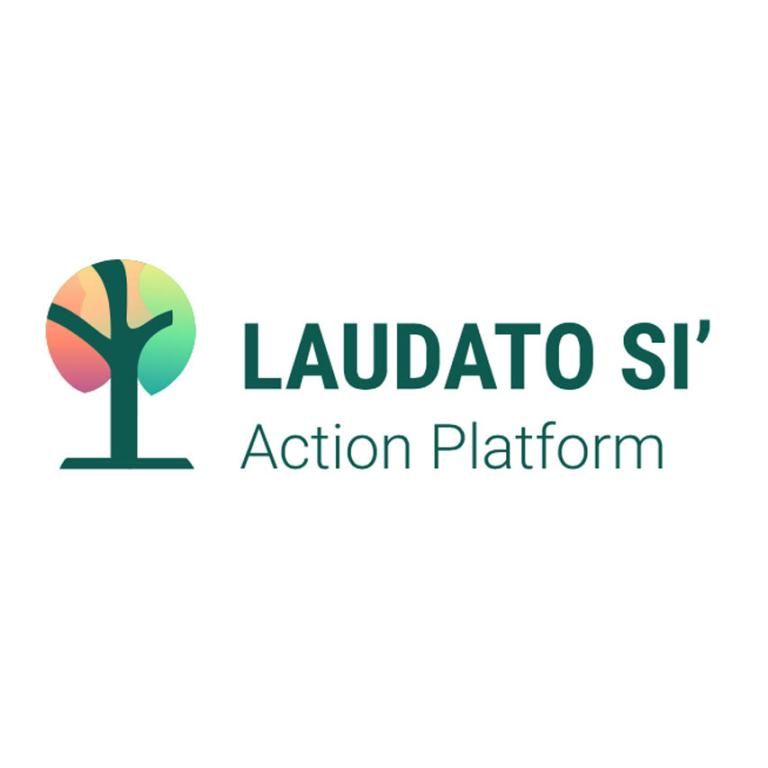Sustainable Creighton
“As a Catholic, Jesuit institution, Creighton University must be an authentic source of hope for our students— past, present, prospective and future—who are deeply worried about the sustainability of our common home upon which their future depends.
“In the Catholic tradition, hope is not passive wishing. Hope is a virtue that catalyzes bold local and systemic action to advance love, justice, peace and sustainability—what Christians call the kingdom of God. As a virtue, hope must be informed by other virtues, especially prudence as right reason applied to action. Faced with modern ecological degradation and the climate crisis, hope requires action guided by the best available science.”
—Rev. Daniel S. Hendrickson, SJ, PhD
President, Creighton University
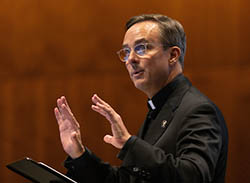
Sustainable Creighton Initiative
In April 2022, Creighton University’s President charged campus with the Sustainable Creighton Initiative, which outlines Creighton’s comprehensive strategy and commitment to better care for our common home.
Learn more about the Sustainable Creighton Initiative.
Sustainability Guides and Map
Taking steps to live more sustainably is easy with our guides for recycling, active commuting, greening your office and living on campus.
Creighton earns silver rating for sustainability
Thanks to several key advancements in its sustainability efforts, Creighton University was recently awarded a silver STARS rating by the Association for the Advancement of Sustainability in Higher Education.
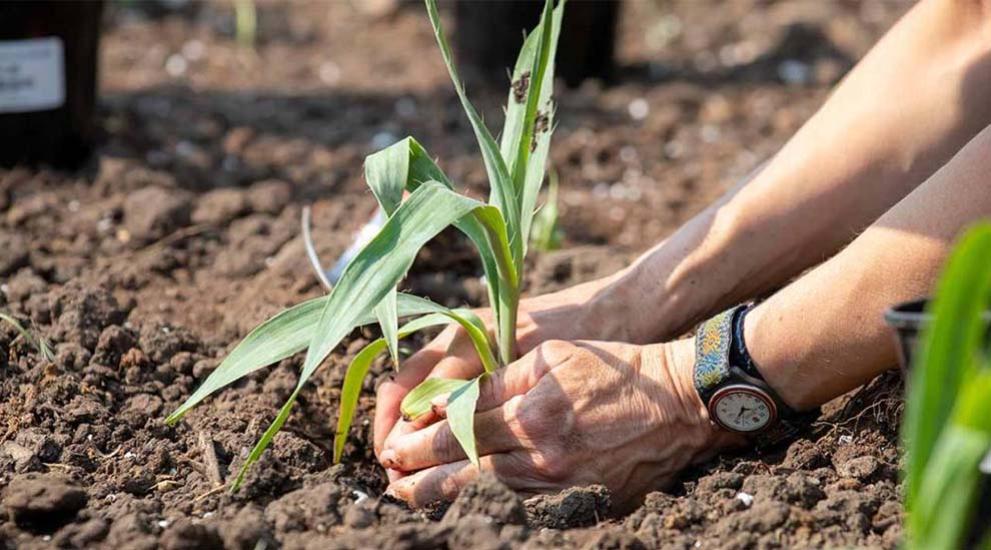
Sustainable Creighton Office Certificate
Creighton University employees can be agents of change and make an impact on creating a more sustainable campus. The Sustainable Creighton Office Certificate is a voluntary initiative that promotes sustainable practices within office settings on campus. The program is designed, implemented and maintained by the Office of Sustainability Programs in collaboration with the Sustainability Governance Committee.
Goal
The goal of the Sustainable Creighton Office Certificate program is to support and promote campus offices that are taking steps toward reducing their environmental footprint by integrating more sustainable choices into the workplace.
Why participate?
Caring for our common home is part of Creighton’s Catholic, Jesuit identity. Together, we can make Creighton University a more sustainable campus.
Review the Sustainable Creighton Office Certificate Checklist to see how your team can care for our common home.
Complete the survey when your office team is ready to submit for the Sustainable Creighton Office Certificate.
Memberships and Achievements
Creighton has membership in the following sustainable organizations to assist in achieving sustainability goals by collaborating with like-minded organizations. Select our partner organizations to learn more about them.
How to Reach Us
Email:
sustainability@creighton.edu
Location:
Creighton Hall 333












